DR. DIKSHA TAHILRAMANI BATRA
Watch out for these habits to keep your child’s teeth safe. A million questions may plague you as a parent since you don’t know what to make of your child’s dental behaviors and habits. Here’s an easy read to help you watch out for the ones that really matter!
1. THUMB SUCKING
This is the worst of all habits tends to damage the teeth and jaws the most and can impact the permanent teeth most significantly. Thumb sucking is a very obvious habit that most mothers need to be weary of.While it cannot be ignored it shouldn’t make you worried sick some kids go through thumb sucking for a very short and natural period of time but it’s the long term habit that can turn out harmful. The reasons for thumb sucking maybe many but the primary one seems to be a craving for love,affection and security so in addition to trying to train your child to discontinue the habit, supplementing him psychologically plays a great role. Habit breakers such as thumb guards, bitter liquids and a dental consultation to assess any damage to oral tissues are all parts of treating and breaking the habit.
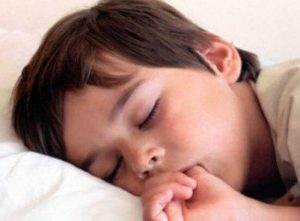
2. TONGUE THRUSTING
While thumb sucking is a voluntary habit tongue thrusting is more or less involuntary. The child tends to start swallowing in this way due to the shape of his oral structures.When we swallow our tongue rests below our lower teeth but in this habit the tongue tends to push the teeth every time the child swallows.You can identify this habit very simply by observing your child’s tongue when he swallows if you can see it come between the teeth in a thrusting motion you may be able to imagine how it will slowly push the upper lower front teeth forward. Making the child conscious of this habit will not help. A simple habit breaking appliance worn in the mouth called the tongue crib can hold the tongue in place and help it acquire a new swallowing position.
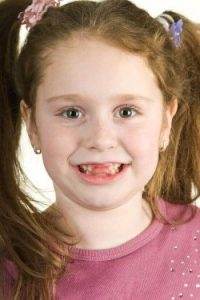
3. BOTTLE TO BED
Many children have grown up with the habit of a comforting feed in the night and they do not sleep until they’ve had some sweetened milk in the bottle as well. Some mothers think of it as a harmless continuation but this habit can wreak havoc on the front teeth and cause a disease called baby bottle tooth decay with broken, blackened and decayed front teeth. This may lead to extensive dental work which at a young age may be challenging for the child to have to go through. So the best prevention is to keep the bottle away at night and if you have no other choice follow it up with a drink of water after and ensure wiping of their teeth completely clean so no sugar or milk remains in the mouth.
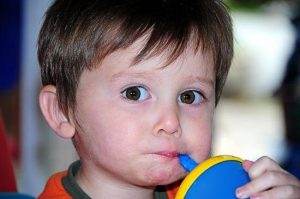
4. SWEET SNACKING AND NO RINSING
While kids tend to put everything in their mouth at a particular age and refuse to eat square meals it remains our responsibility as their parents to teach them right from wrong.While frequent snacking may not be bad for your child but the food sticking to their teeth for numerous hours can leave them susceptible to decay or gum problems. Teaching your child to rinse after every meal is probably one of the best oral habits you can pass on that stays through adulthood as well and takes the least amount of effort.
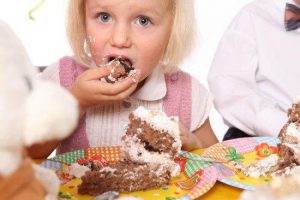
5. BAD BRUSHING AND EATING TOOTH PASTE
Kids will be kids and brushing maybe an acquired skill for them that develops independently only after years of coaxing. We recommend making brushing fun for kids by playing songs to time their brushing, making them watch brushing cartoons or apps which give them directions and rewards for the right way of brushing. A word of caution for kids who tend to swallow or eat toothpaste it can be quite a harmless habit which they eventually grow out of , but a parent or caregiver must monitor these children and not leave them alone to swallow sizeable quantities and ensure you are using a kids toothpaste for their age or the ingredients maybe toxic for them.
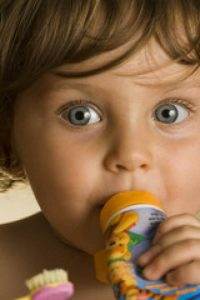
Pen and Pencil chewing, Lip and nail biting are some of the other common habits children tend to develop but they are relatively harmless and transient.

It’s important to know which habits are harmful and which are natural and harmless part of the growing process. As parents we need not be over concerned but ignoring or missing training kids at a young age can prove to be expensive giving them dental troubles lifelong in the future.

